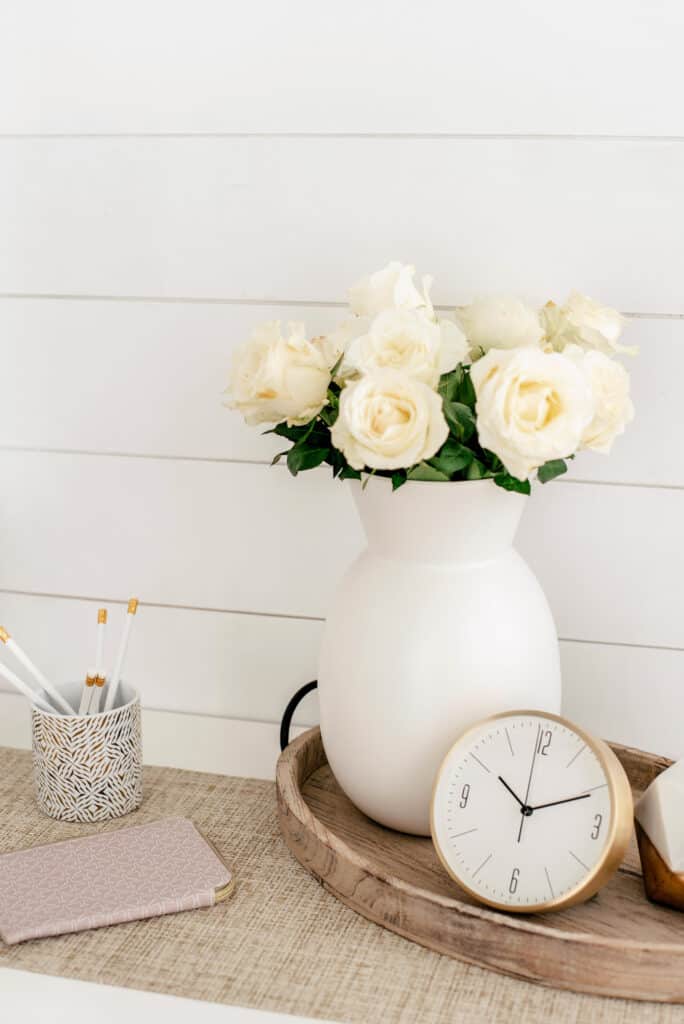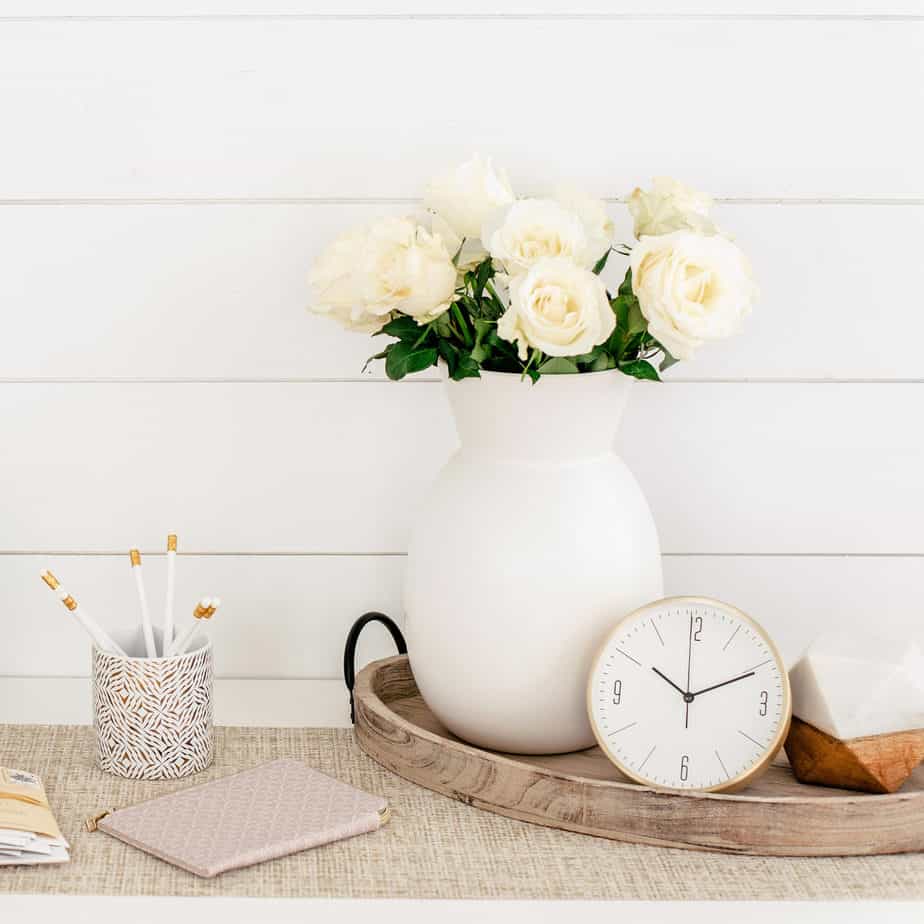The world is a noisy place. There’s always something going on, and it’s easy to get overwhelmed. It’s important to find ways to protect your peace so you can stay sane.
How many times have you said “yes” to someone or something because you didn’t want to appear selfish or unkind? How many times have you held back from saying no because it wasn’t convenient or you didn’t want to give others the impression that you were difficult?
It’s important to be a good friend, neighbor, and co-worker. But it’s also essential that you take care of yourself too. Below are 17 important ways to protect your peace.
What it Means to Protect Your Peace
The definition of “protect” is “to keep safe from harm or damage.” When you protect your peace, you’re keeping your mental and emotional state free from negative influences.
This doesn’t mean you have to put up walls and avoid all contact with the outside world. It simply means being mindful of the things and people that bring you down and making an effort to limit your exposure to them.
It also means being deliberate about the things that bring you joy and making sure they are a part of your life.
If you need extra support and tools from a licensed therapist, I recommend MMS's sponsor, BetterHelp, an online therapy platform that is both flexible and affordable. Get started today and take 10% off of your first month of therapy.
17 Essential Ways to Protect Your Peace
1. Say no when you need to.
Sometimes you just have to say no, even if it goes against what others expect from you. Saying no is an important way to protect your peace.
It may be hard because you may feel that you are disappointing people at times, but it’s essential to your overall well-being.
2. Stand up for yourself.
It’s important to be assertive and speak up when you feel your boundaries are being crossed or you’re not being treated with respect.
Standing up for yourself can help you stay in control of the situation and keep your peace intact.
3. Don’t be afraid to walk away.
If someone or something is causing you stress, it’s okay to walk away. This doesn’t mean you’re giving up or being a coward.
It just means that you’re taking care of yourself and your peace of mind is more important than staying in a situation that’s making you unhappy.
4. Don’t take things personally.
We all say and do things that might hurt others from time to time, but it’s important not to take those actions too personally.
Remember that we all have our own struggles and issues, so cut yourself some slack if you mess up every now and then.
5. Maintain a healthy work/life balance.
It’s important to find a balance between work and the rest of your life. Don’t let your job take over everything.
Make sure you’re still making time for the things you enjoy outside of work.

6. Set boundaries with friends and family.
Just because someone is related to you or has been your friend for years doesn’t mean they have the right to overstep your boundaries.
It’s okay to set boundaries and stick to them, even if it means saying “no” or walking away from a situation.
7. Calm your mind through meditation
Meditation is a healthy, convenient way to calm your mind and help relax. Meditation helps increase blood flow in key areas of your brain and reduce stress.
Even if you practice only for 15 minutes a day, it can help make you feel more centered and relaxed throughout your day.
Enjoy a 14-day free trial below.
8. Focus on your internal peace
It’s important to realize that some things are simply out of your control.
For example, can you control how your partner feels? No. Can you control how often your boss asks you for updates on a project? No.
However, you can control your own emotions and thoughts about these things. Make an effort every day to find peace within yourself so that these things don’t pull you away from it – and make it easier for others to do so as well.
9. Listen to your inner voice
Make time each day to listen to your inner voice. Don’t be afraid of your peace, even when others don’t understand. Things will fall into place if you stay true to yourself and honor what your heart wants.
Oftentimes, our intuition can lead us in a different direction than everyone else is going, but we need to trust that it is actually where we are supposed to go in order for our lives and relationships with others around us to grow and thrive.
10. Be grateful for what you have
Find ways to be grateful for what you have right now, especially if it’s less than what you want. Practice thankfulness today and see how much better it makes you feel.
Gratitude is not just good for your peace of mind; research shows that practicing gratitude can also reduce feelings of envy and jealousy, decrease stress levels, improve physical health, increase happiness and lead to a greater sense of life satisfaction.
So be grateful for everything that is happening in your life—right now.
11. Take time for yourself
When we spend time caring for others and on other people’s priorities, our own needs are often left by the wayside.
This can lead to frustration or burnout. If you’re feeling overwhelmed, take a moment to reflect on what is happening in your life right now.
12. Let go of what’s negative in your life
It’s easy to get wrapped up in what’s going wrong, but don’t forget about those who are going right.
Positive relationships and positive environments can be just as important for your mental health as getting rid of negative people.
When you stop paying attention to all that’s negative in your life, you give yourself room for gratitude. Gratitude brings inner peace and happiness.
13. Remember, you can’t change other people
It’s easy to get frustrated with friends, family members, and co-workers when they don’t see things your way. If you find yourself facing constant conflict in relationships, focus on acceptance.
This means accepting that people can be frustrating or annoying but also knowing there’s nothing you can do about it, so it doesn’t help to lose sleep over it.
Remember: You have power over only one person in your life—you!
14. Declutter your physical space
Start with your physical space. Any place you spend a lot of time -your bedroom, office, living room- should be tidy.
Not only does clutter cause stress, but it might even increase your odds of depression and anxiety.
Put stuff away when you’re done using it, or get rid of things that are weighing you down. If you don’t love it anymore or haven’t used it in a while, get rid of it!
15. Take a break from your virtual life
The internet is a wonderful place, but it’s also a horrible place. You can waste hours upon hours on Facebook and Reddit alone; you don’t even need to venture into Twitter or others.
It’s time to take a break from your virtual life! Turn off your phone and computer—just for an hour, just for today—and go do something real.
Enjoy nature, have a conversation with someone face-to-face, play with some kids, etc. It doesn’t matter what you do, as long as it isn’t on a screen. When was the last time you actually saw something in person?
16. Connect with nature
We all lead busy lives, and it’s easy to forget about that connection we have with nature. No matter how fast-paced our lives become, however, we must always make time for reconnecting with nature.
When you’re out in a forest or walking along a beach, breathing in the fresh air and observing animals in their natural habitat, you’ll notice your stress levels drop immediately.
The benefits of spending time in nature are immense.
17. Express yourself
Expressing your emotions to others is a great way to both feel better and develop stronger, healthier relationships.
There are two effective ways of doing so: verbalizing what you’re feeling and expressing it through action (or both).
Talk about how you feel in a logical, nonjudgmental way with someone who has earned your trust. Also, when you have time alone during quiet moments—think meditating or praying—express yourself freely by talking out loud.
Final Thoughts
There are many things you can do to protect your peace and find happiness. Whether it’s decluttering your physical space, spending time in nature, or expressing yourself, taking care of yourself is key to building inner strength and resilience.
By focusing on the positive aspects of life and letting go of negative people and situations, you can create a peaceful, calm, and happy life that is truly worth living. Remember:
You have power over only one person in your life—you! So choose wisely, and protect your peace at all costs.



